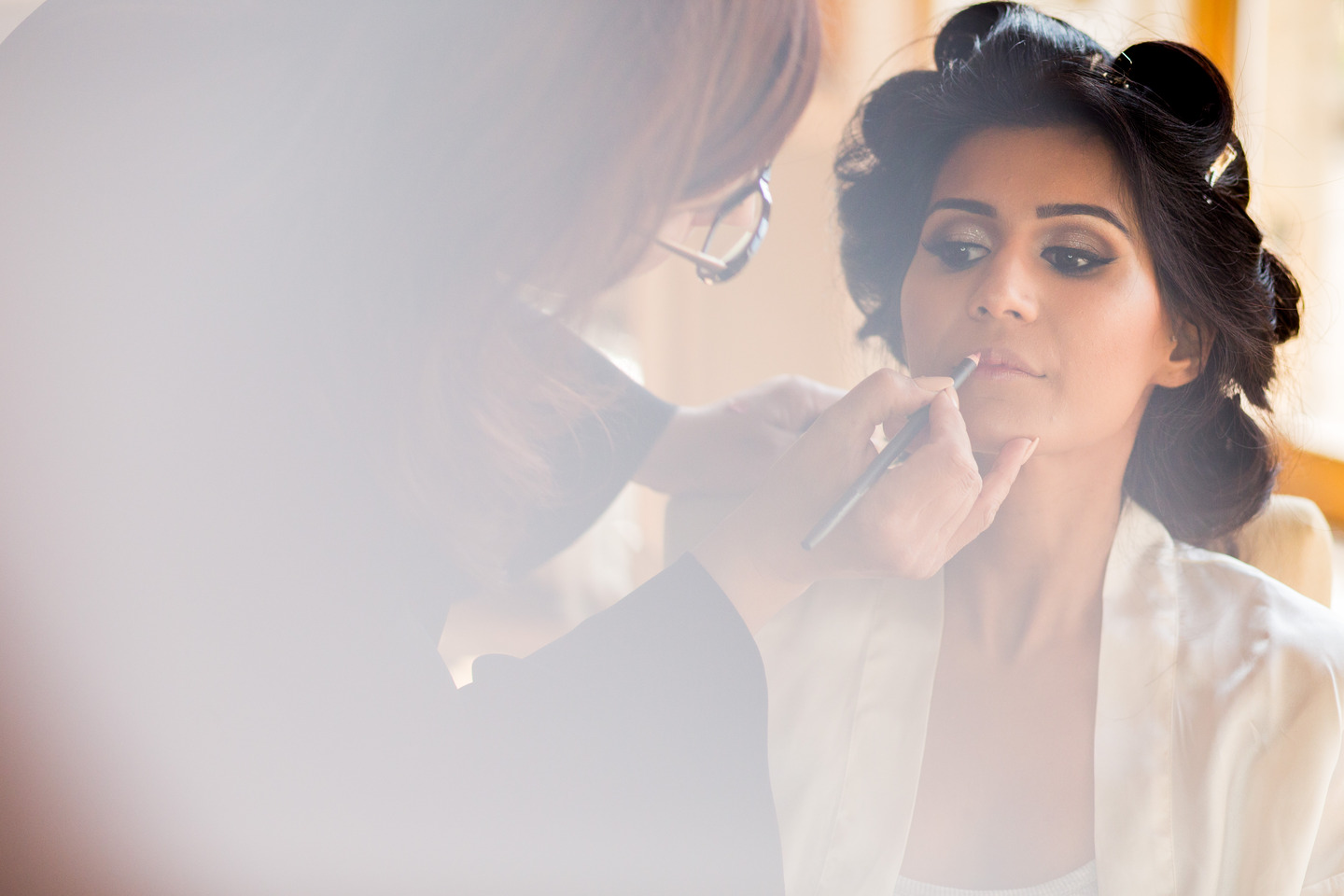Pheras, nikaah, Christian wedding, chuppah, Anand Karaj, court marriage… a couple may choose to wed in a religious, spiritual or civil ceremony. Regardless of the type of wedding, it can be universally said that marriage is not just a legal, social and cultural contract or a declaration of commitment, but it is an institution in itself, a sacred bond between two individuals. In most cultures and communities, marriage sets the foundation of a lifetime (or seven, according to Hinduism) to be with your partner through both good times and difficult times, in health and sickness, to honour and support, and above all, to remain loving and loyal to each other. In real life, however, marriages, like any other partnerships, have its highs and lows.
Among the many challenges and complications that can arise in a marriage, from disrespect to miscommunication, nothing causes as much pain and heartache as infidelity. “Infidelity rarely starts with sex. It usually begins with this slow erosion of openness. One partner starts holding back. The other stops asking. The emotional intimacy thins out, and a parallel world begins—one where it feels safer to be seen by someone else than to risk rejection or conflict at home,” says psychotherapist Akanksha Nandrekar, with a specialisation in trauma and relationships, and founder of Safe Place Therapy in Mumbai.
Recovering from adultery is considered one of the most difficult problems in a relationship, but not all is not lost, if both partners are committed towards healing and rebuilding the relationship. In some cases, the marriage may even become stronger, with deeper levels of intimacy.
The reconciliation process as a new, growing relationship
Identify your emotions and begin to process them

If you’re the betrayed partner, the initial reaction to cheating is often disbelief and shock. The shattering of that sense of security in the marriage is also likely to lead to intense anger and sadness. The betrayal can also elicit feelings of fear and anxiety about the future and the possibility of infidelity again. Whether sexual or emotional adultery, it is important to not just identify your range of feelings but also validate them.
If you’ve cheated, feelings of guilt and shame are likely to take over. Add to that, the fear of the consequences of your actions. It is key to acknowledge your feelings too, but don’t forget your partner is likely to be hurting more.
Get support
Lean on your support system, whether a family member or friend who is trust-worthy, non-judgmental and not biased. “A good therapist can hold space for the tough conversations and guide the repair process,” says Akanksha. Counseling can help put things into perspective, figure out what contributed the affair, and strengthen the marriage. Spiritual leaders also may be helpful if they have training in marriage counselling.
Commit to the process
“Repair takes time. Stay in it, even when it’s uncomfortable. Healing is rarely linear, but it is possible,” says Akanksha. Start by setting time aside for therapy, regular check-ins, and the healing work that your therapist has adviced. Keep talking to your partner and keep listening, no matter how long it takes them to put the affair under the carpet.
Begin to rebuild trust

Reinstating trust is the foundational piece to fix the puzzle. “Rebuilding trust means learning to sit with hard emotions without reacting or shutting down.” If you’ve cheated, accept the adultery and apologise sincerely. If your partner cheated, forgive them when you’re completely ready. Don’t tell them you forgive them, then keep berating them. Together, strive to mend the marriage with clear communication and patience, so the looming betrayal is waned.
Get curious about patterns
Even the seemingly happy marriages are prone to cheating. From minute indifferences and loss of fondness to mammoth problems such as distance and lack of affection, a variety of factors can lead to an extra-marital affair. It can even be a response to major life changes like becoming parents, long distance marriages or chronic physical ailments. “Infidelity doesn’t happen in isolation. Look at what shaped the disconnection, not to blame, but to understand yourself and your partner,” advises Akanksha.
Create a safe space
“Make room for transparency, even when it’s messy. Safety is built through listening, empathy, and staying present.” On the road to recovery, honesty with each other is going to play a pivotal part in the healing process. Openness should not just be limited to the bigger concerns like assurance of cutting all ties with the ex-lover, but about daily activities such as plan for the day, delays etc. If you’ve cheated, answer all questions about the affair to your partner, and honestly. You may face some consequences and retaliation too. Be patient with your spouse. Empathise, even if they give you some emotional response.
Indulge in positive experiences and create new memories
Reassure your partner that you still love them, and you are completely invested in rebuilding their trust and the marriage. Take the initiative to spend quality time together. Make time for weekly date nights, take a trip together, buy presents and flowers, indulge in activities that you love together.













